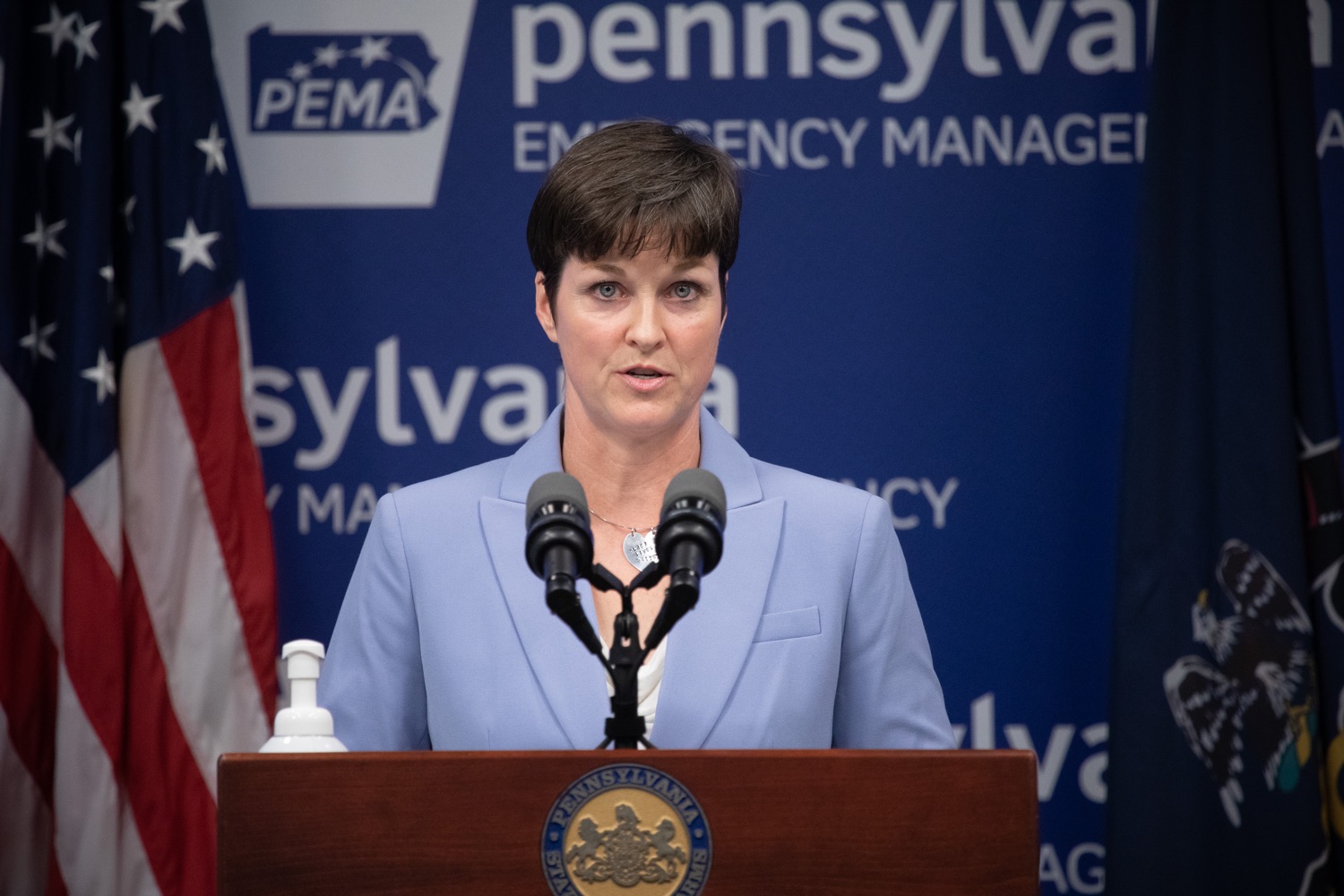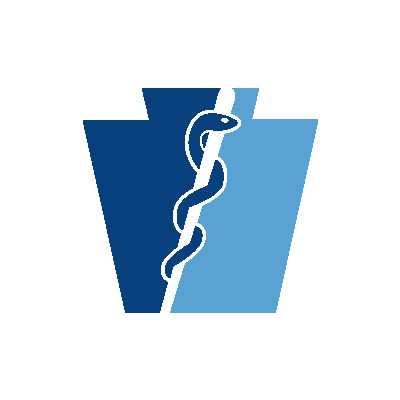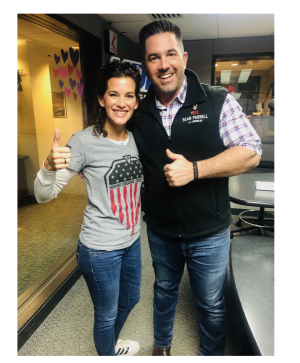Harrisburg, PA – First Lady Frances Wolf today participated in a Facebook Live book reading with Pennsylvania-based non-profit Mikayla’s Voice to help raise awareness for Down Syndrome Awareness Month and encourage that people of all abilities should be celebrated in Pennsylvania. Mrs. Wolf read High Fives and a Big Heart, a book written and illustrated by a fourth-grade class to help celebrate their classmate with Down syndrome, Jeffrey, and explain Down syndrome to other children.
“Here in Pennsylvania, we know that our differences make us special and that the more we know about our neighbors, the stronger we are as individuals,” said First Lady Wolf. “We are proud to celebrate Down Syndrome Awareness Month to help honor the contributions of individuals living with Down syndrome to our communities, raise awareness of related research and early intervention needs, and promote respect and inclusion for all people.”
Down syndrome is a genetic condition in which a person inherits an extra chromosome from one of their parents. In the United States, there are over 400,000 individuals living with Down syndrome today. Approximately one in every 700 children are born with Down syndrome, representing an estimated 6,000 births per year.
Mikayla’s Voice, which is headquartered in Nazareth, Pa., is a 501c(3) nonprofit organization that develops and coordinates inclusive programming in education, art, sports and recreation. Kimberly Resh, founder of Mikayla’s Voice, started the organization in 2010, inspired by her daughter, Mikayla, who was born with a brain injury that resulted in multiple disabilities and her use of a wheelchair. Mikayla passed away 18 months ago, and First Lady Wolf is honored to participate in this event in her honor.
The Pennsylvania Department of Education’s Bureau of Special Education works collaboratively with educators, schools, agencies and other stakeholders across the state to ensure students have access to quality and meaningful education supports, services and opportunities.
“Commitments to inclusion and diversity are the pillars of an equitable community,” Education Acting Sec. Noe Ortega said. “Down Syndrome Awareness Month is an opportunity to recognize that our diversity in ability, perspective and experience makes our communities stronger, and reinforces our commitments to inclusion in our schools and the broader community.”
The Pennsylvania Department of Human Services’ Office of Developmental Programs supports Pennsylvanians with developmental disabilities to achieve greater independence, choice and opportunity in their lives, continuously seeking to improve an effective system of accessible services and supports that are flexible, innovative and person-centered.
“When we value and honor individual differences and experiences, they become something that can and should be learned from and celebrated. It is this diversity of human experience that makes all of our lives richer. Down Syndrome Awareness Month celebrates that for the more than 400,000 people with Down Syndrome around the country,” said Human Services Secretary Teresa Miller. “Inclusion and understanding makes individual experiences better and our communities stronger, and I encourage all Pennsylvanians to continue the progress we’ve made as a society by playing an active role in celebrating and uplifting the stories and experiences of our family, friends and neighbors with Down Syndrome so they can live an Everyday Life with inclusion and opportunities that they are entitled to and deserve.”
Governor Wolf recently proclaimed October 2020 Down Syndrome Awareness Month.










